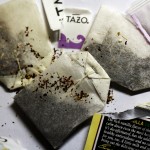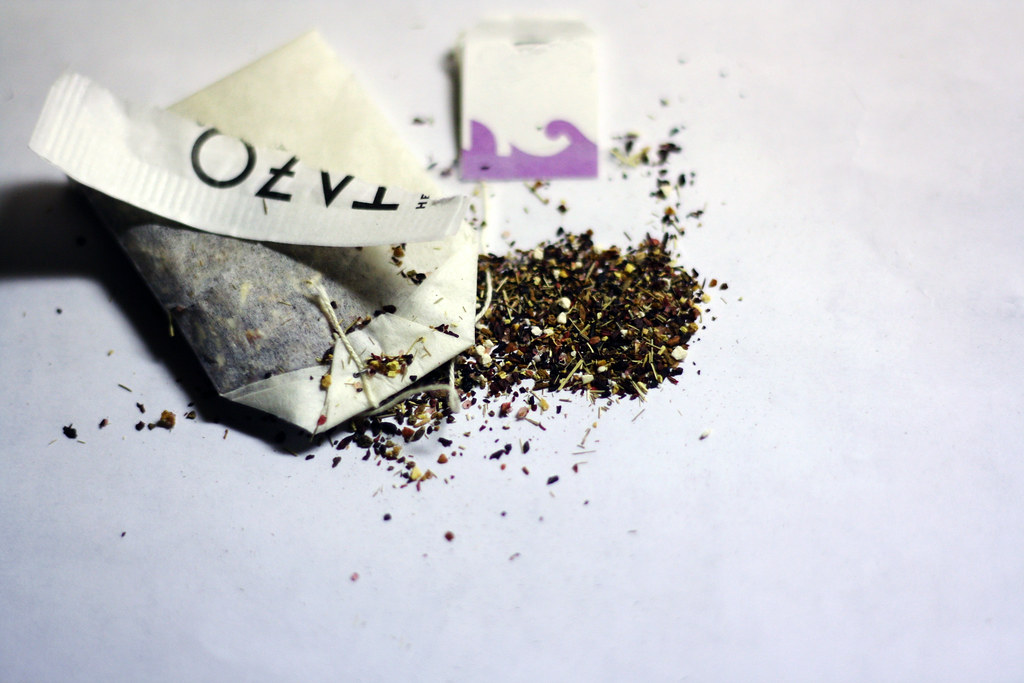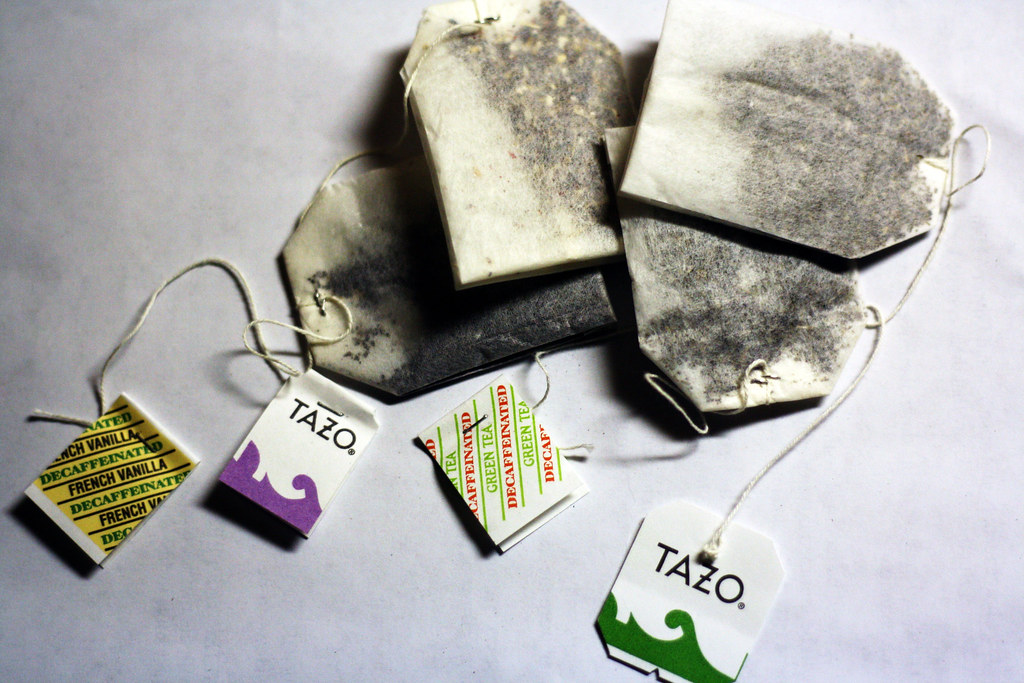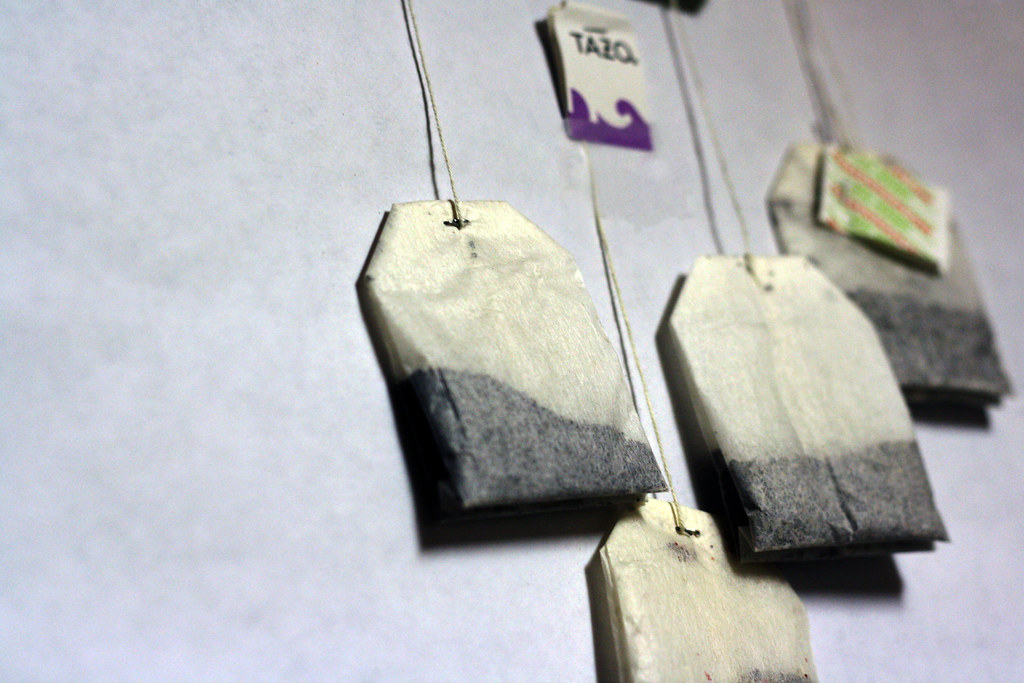Tea: It Isn't As Healthy As You Think

It is a widely believed idea that tea is very beneficial to your health (especially in comparison to other drinks, like coffee). But many people don't know what's actually in their tea. Tea is no longer made from unsullied loose leaves thrown into water like the Ancient Chinese used to use. Today, many popular tea companies abuse the belief of "organic" or "healthy" tea and instead give you tea bags filled with pesticides, toxins and artificial flavors.
The teas that many people buy (including Lipton, Tazo and Trader Joe's) contain pesticides because these companies don't wash the tea before bagging it. This means that whatever was sprayed onto the plants before their leaves were harvested is now in your cup and going into your body.

By Caitlin Wolper
However, this isn't too surprising. Many people already try to buy "organic" teas or shop at high-end tea stores, like Teavana. People get tricked by the high prices and the ambiance of these stores and end up buying not-so-good tea. Teavana was tested in an independent lab and 100% of the tea contained pesticides. 62% of the teas contained traces of endosulfan, which is banned in many countries (including the U.S., China and Europe) because it has been linked to impaired fertility and may harm unborn children. (Source: Glaucus Research)
Many tea companies also use artificial flavoring, which is absurd if you think about how tea is meant to be organic and natural in flavoring. For example, Lipton Black Tea Vanilla Caramel includes the ingredients black tea, caramel powder and modified corn starchh along with its natural flavors. Companies like Lipton add artificial flavoring to make up for cheap products and poor original taste.
Another huge factor to take into consideration about modern tea is its packaging. Those tea bags that look like mesh are actually made of plastic. When placed into boiling water, the plastic won't melt, but it could leak harmful phthalates into your tea, which are forms of phthalic acids added to plastics to make them flexible and durable.

By Caitlin Wolper
In order to choose a safer tea option, you must choose an organic or non-GMO (Genetically Modified Organism) brand. These brands include Traditional Medicinals and Numi, among others. You should check the ingredients list to find if any unsavory ingredients are lingering in the box and make sure the packaging itself is safe.
Now, with all this scary information I hope you're able to go out and buy some safer tea for yourselves because tea should be as healthy as we all believe it to be.

By Caitlin Wolper
Information on specific teas gathered by foodbabe charts.
The post Tea: It Isn't as Healthy as You Think originally appeared on Spoon University. Please visit Spoon University to see more posts like this one.